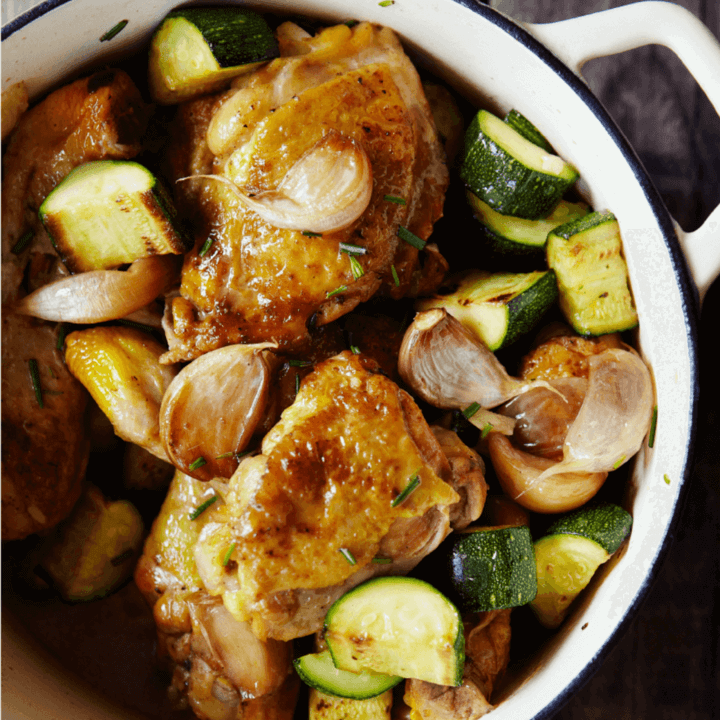
Fig & Lentil Salad from Virtually Vegan
Summer and salad go hand-in-hand and this offering from Heather Whinney’s Virtually Vegan is a fresh, sweet, figgy take on a summertime staple. Complete with a harissa
If you’re really serious about trying a healthier approach in 2017, then forget about the quick fix or the infamous January detox. They’re not sustainable, they don’t work in the long run and they make for a miserable start to the year. A more effective approach would be to pick one area for improvement and stick to that throughout the year.
Your body is likely to benefit far more from one small permanent change than a rollercoaster of feast or famine, so pick your favourite of these health-boosting ideas and give it a try for 2017.
Good luck and wishing you a happy and healthy 2017.
Jackie Lynch is a Registered Nutritional Therapist and runs the WellWellWell clinics in West London. Passionate about the importance of good nutrition for optimum health, she creates practical nutrition programmes suitable for a busy 21st century lifestyle. Jackie also  provides advice and support for a range of blue chip companies, in the form of individual consultations for staff, nutrition workshops and menu analysis and has acted as a food consultant for brands such as Tetley. She is a regular contributor to the Mail on Sunday and the Net Doctor website and her advice features in a wide range of other national media. Visit her website.
provides advice and support for a range of blue chip companies, in the form of individual consultations for staff, nutrition workshops and menu analysis and has acted as a food consultant for brands such as Tetley. She is a regular contributor to the Mail on Sunday and the Net Doctor website and her advice features in a wide range of other national media. Visit her website.
Jackie Lynch
The Right Bite
£6.99, available from Nourish Books.
Sign up for our newsletter to get our new articles straight to your inbox every month

Summer and salad go hand-in-hand and this offering from Heather Whinney’s Virtually Vegan is a fresh, sweet, figgy take on a summertime staple. Complete with a harissa

Too Good to Waste by Victoria Glass is THE guide to getting the very most out of your food, in the most delicious way possible! So much

Today we’re sharing a much coveted Real Bread: Slow Dough recipe – Cinnamon and Hazelnut Knots! These sweet knots are beloved all over Scandinavia, whip

We’re gearing up for the publication of French Countryside Cooking by Daniel Galmiche, coming your way on May 14th (pre-order your copy right here)! To celebrate, we’re sharing

Watkins Media Limited
Shepperton House unit 11
89 Shepperton Road
London, England
N1 3DF

Watkins Media Limited
Shepperton House unit 11
89 Shepperton Road
London, England
N1 3DF